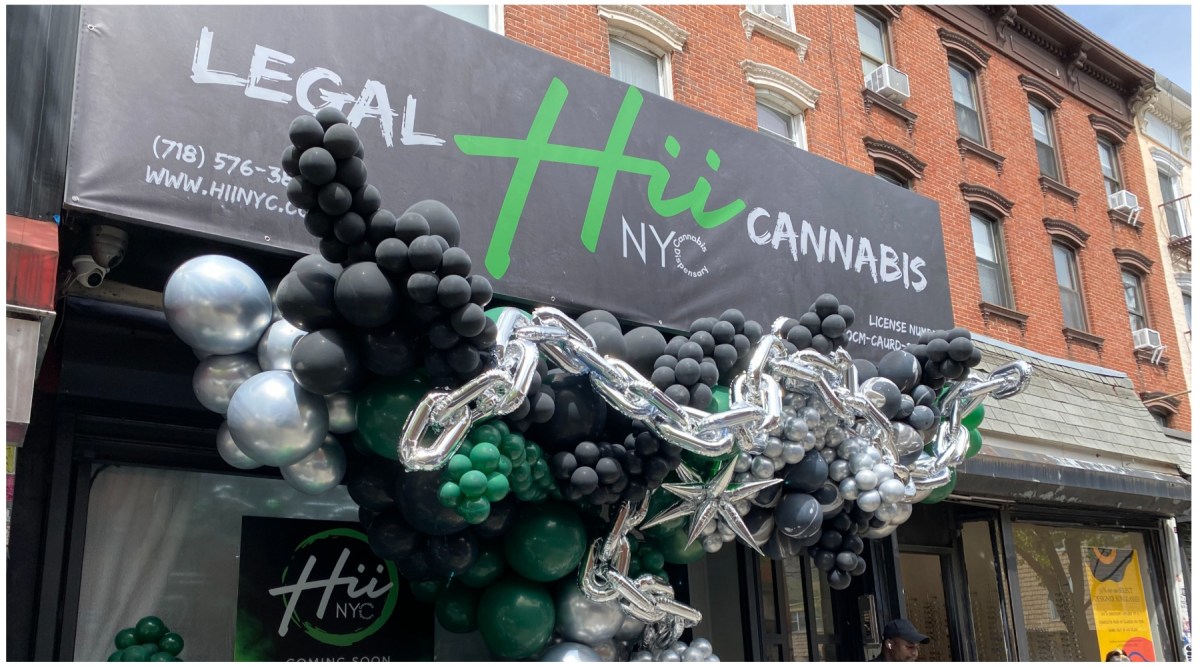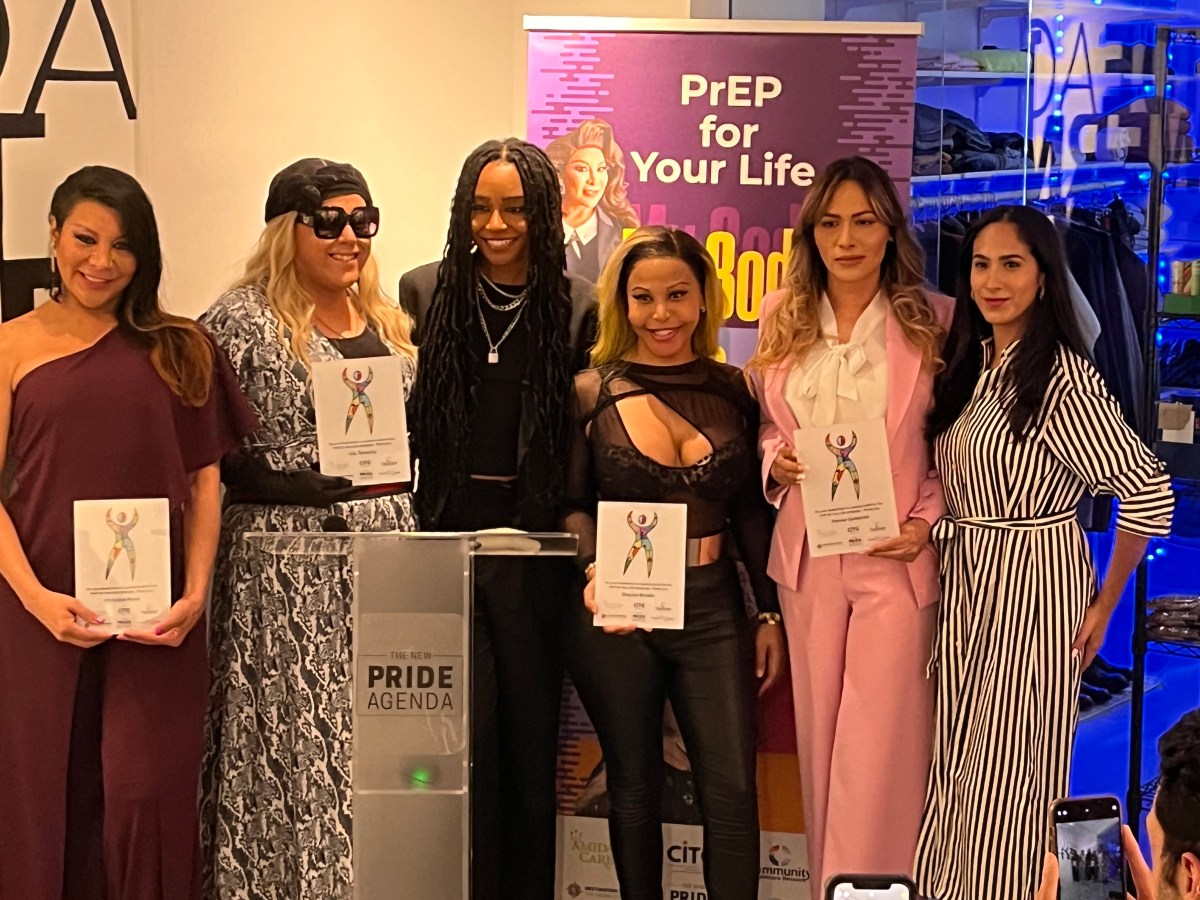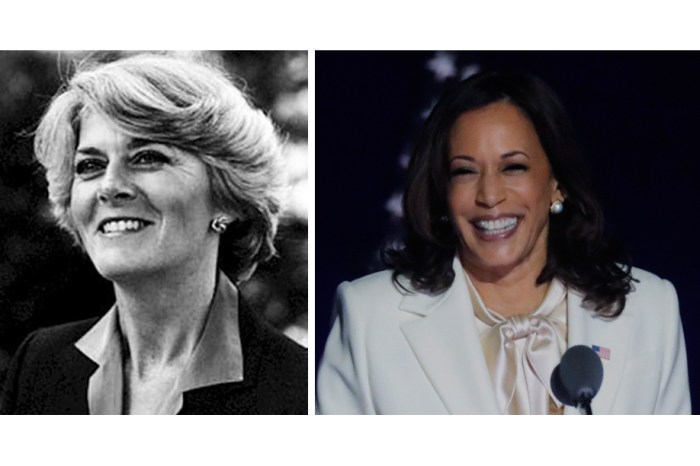When New Yorkers bare it all for GoTopless Day on Saturday, many media companies won’t be able to show the full event.
While it has been legal in New York for women to be shirtless in public since 1992, policies online prevent images of that public display.
“There’s a great irony to it,” said Andy Golub, the founder of Human Connection Arts, which hosts body painting events in New York and other cities.
Several local news sites crop or pixelate photos of the annual topless parades, organized by GoTopless to promote the right for a woman to be shirtless in public. The group wants the media to cover its events in all their glory, but it acquiesces, putting out two versions of news releases, one uncensored and the other with star icons over women’s breasts.
“We have to censor in order for the media to cover,” Nadine Gary, president of GoTopless, said.
Social media also poses a problem to the group.
“Facebook drives us crazy,” Gary said. All the photos and videos on its public page are censored.
Golub has the same problem: His Facebook account has been suspended “a bunch of times” for posting uncensored pictures from body painting events.
That censorship on social media and other sites is seen as hypocritical, Gary said.
“It shows the discrimination,” she said. “The media reflects the gender inequality.”
But local news outlets have to consider how their brands are represented and who it might offend if they post uncensored photos, including their advertisers, feminist media scholar Laura Portwood-Stacer said.
“It’s going to be seen as pornographic,” Portwood-Stacer said. Local news sites don’t have the “prestige” that art magazines or feminist media, such as Bitch Magazine, have that frame nudity differently, she added.
Society’s perception of female breasts is not yet at a point where media companies can show them without the risk of appearing less serious, Portwood-Stacer said.
“Breasts are completely over sexualized. They are used to sell anything,” said Christen Clifford, a feminism professor at The New School.
And it’s always the perfect chest of a woman in her 20s that’s seen in advertisements, she said.
If “the saggy breasts, or the uneven breasts” of everyday women, which are seen at events like GoTopless Day, were shown by the media, it would help desexualize them, Clifford said.
“If the media would show the event the way it really is, it would help everyone become more comfortable with the bodies we exist in,” she said.

















